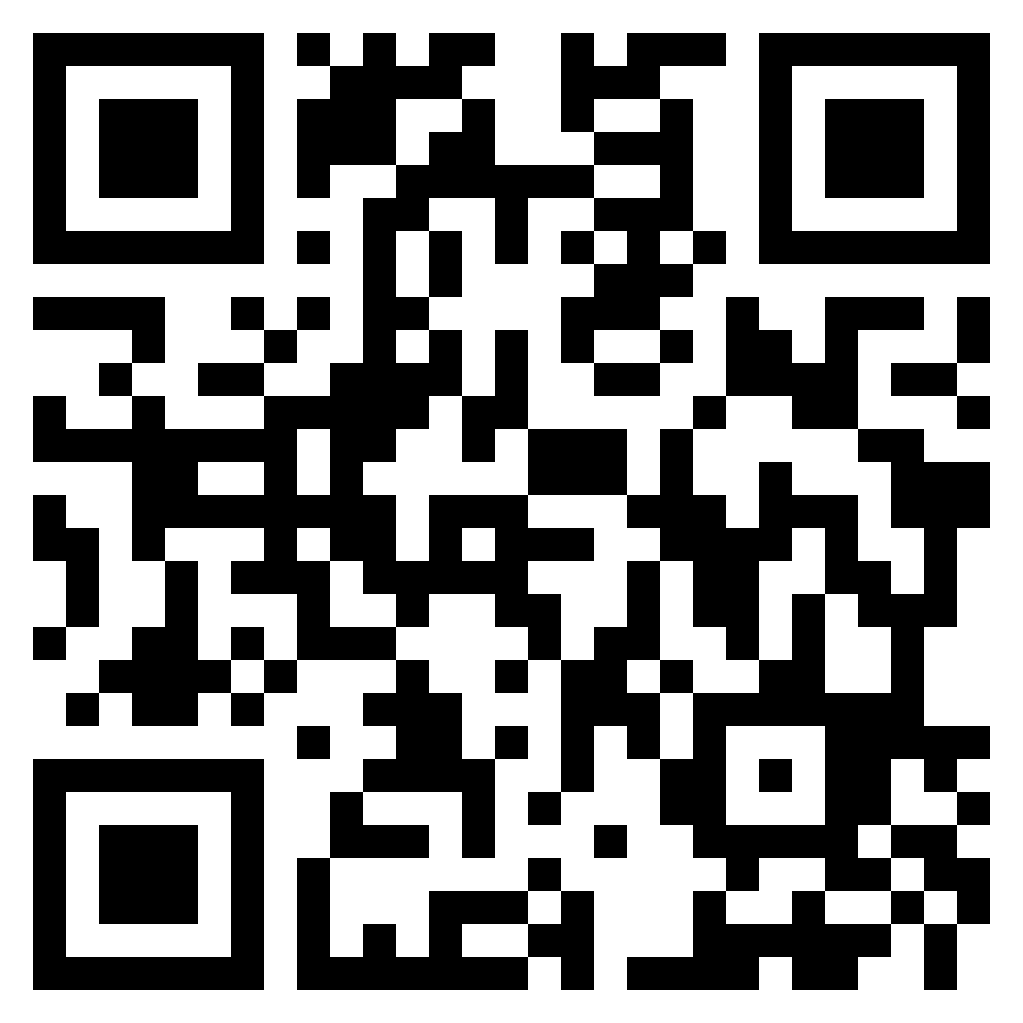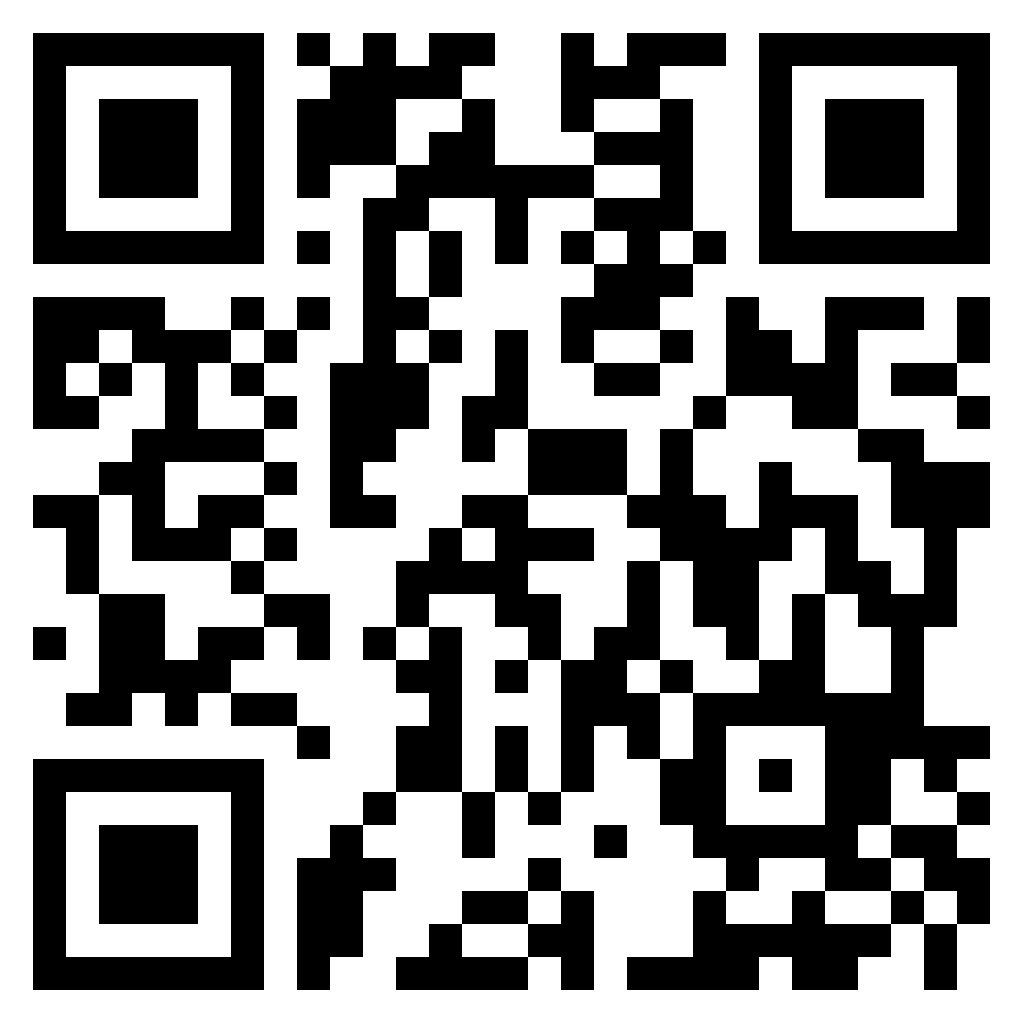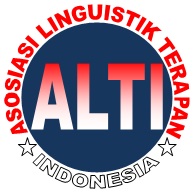The Study of Search Engine Optimization on Website as a Marketing Strategy on the Internet
DOI:
https://doi.org/10.46961/mediasi.v1i2.41Keywords:
SEO, Website, Online Marketing, Google, Search Engine Tools,Abstract
References
Blythe, J. (2005). Essentials of Marketing 3rd Edition. Essex: Pearson Education Limited. Davies, Mary. (2020). Beanstalk Internet Marketing. Beanstalkim. http://beanstalkim.com/
services/seo
Fang Chen-Ling dan Lie Ting. (2006). Assessment of Internet Marketing and Competitive Strategies for Leisure Farming Industry in Taiwan. Journal of American Academy of Business. ISSN 1540-1200, 8 (2), 296—300.
Hanieh Mirzaei, E. J. (2012). Differences of Traditional Marketing in Opposition to Electronic. Makalah disajikan dalam International Conference on Economics, Business, andMarketing Management, Singapore, 2012.
Jones, A. M. (2011). Internet Marketing: A Highly Practical Guide to Every Aspect of Internet Marketing. Textbook: University of Cape Town.
Kristen Purcell, J. B. (2012). Search Engine Use 2012. American: Pew Research Center. MarkPlus. (2012). Profil Pengguna Internet Indonesia. Jakarta: APJII.
Nova Tri Cahyono, J. T. (2013). Penerapan Teknik SEO (Search Engine Optimization) pada Blog. Jurnal Teknologi Technoscientia, 6 (1), 80—88.
Report., W. T. (2010). International Telecommunication Report 2010: Monitoring The WSIS Targets. Geneva: World Telecommunication/ICT Development Report.
Samuel Ieong, N. M. (2012). Domain Bias in Web Search. Proceedings of the Fifth International Conference on Web Search and Data Mining, Seattle, USA, 2012. (page 413—422). Tim Berners-Lee, R. C.-F. (1992). World-Wide Web: The Information Universe. Electronic Networking Journal, 2 (1), 52—58.
Vaughan, P. (2008). The Essential Step-by-Step Guide to Internet Marketing. Hubspot. http://blog.hubspot.com/blog/tabid/6307/bid/16761/the-essential-step-by-step-guide- to-internet-marketing-free-ebook.aspx.
Downloads
Published
How to Cite
Issue
Section
Citation Check
License
You are free to:
- Share — copy and redistribute the material in any medium or format for any purpose, even commercially.
- Adapt — remix, transform, and build upon the material for any purpose, even commercially.
- The licensor cannot revoke these freedoms as long as you follow the license terms.















